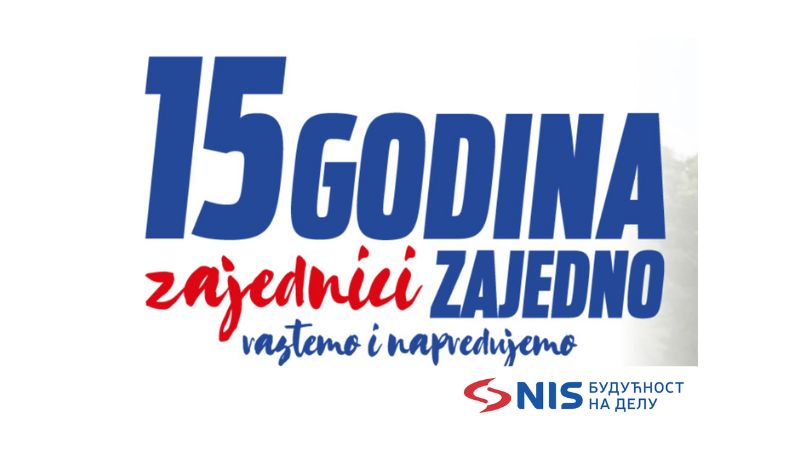
Project name: Adaptation of existing space and equipping the video and audio production lab
Project lead institution: Science and Technology Park Niš
Project budget: 4.005.684,00 dinars
Financier: Naftna industrija Srbije
Project goal: The Science and Technology Park Niš is the key organization for the support and development of innovations in southern and eastern Serbia. With more than 50 member companies and almost 600 predominantly young people working from the Park, STP Niš has become the center of events for the innovative community. STP Niš has established significant cooperation with all student organizations, the University of Niš, and the wider community. In addition to traditional and modern media for promotion and networking, STP Niš launched the “Startup Breakfast” podcast with over 30 episodes, further confirming its role as an incubator of creativity and innovation. The planned laboratory for audio and video production will be available to all members, partners, and the wider community; thus, STP Niš will continue to strengthen its role as a place for creating quality content and encouraging cooperation and innovation.
Project activities:
- Adaptation of existing space
- Interior design
- Procurement of equipment
- Training the employees and the STP Niš community:
- Training the technical staff to work with the equipment and software
- Training the staff responsible for the realization of shows, podcasts – including conception, design, distribution, promotion, community development, and monetization.
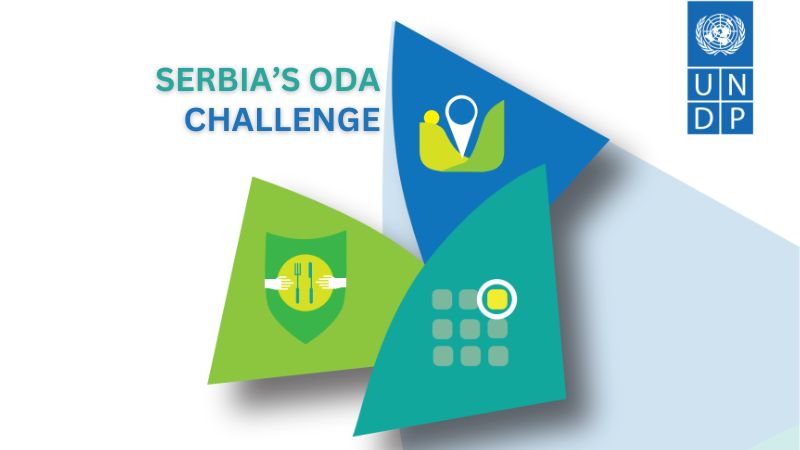
Project name: City and Me
Project lead institution: Just Start ltd. Niš
Project budget: 60.030,00 euros
Financier: UNDP ODA
Project goal: The goal of the City&Me project is to create an interactive and sustainable digital platform that will make cities in the Western Balkans smarter and more connected with their citizens. The platform encourages activism and citizen participation in solving local problems and promotes sustainable activities such as recycling and greening. With City&Me, citizens will be able to influence decisions in their community, participate in activities for the benefit of the environment, and use digital services to improve everyday life. In addition, the platform provides cities and municipalities with the means to communicate more effectively with citizens and encourage civic initiatives. On the basis of a feasibility study, the Science and Technology Park Niš will develop and implement an educational program for building the capacity of local stakeholders participating in the development of the local innovation ecosystem in four (4) cities/municipalities in North Macedonia, Albania, Montenegro, and Bosnia and Herzegovina. In the city chosen for the implementation of the City&Me solution, JustStart and the Science and Technology Park Niš will develop a local framework together with a local partner and establish a network with local stakeholders for the implementation of City&Me services through a co-creation process.
Project activities:
- Creating a feasibility study – Analysis of the local innovation ecosystem, technologies, needs and context for implementing smart city solutions.
- Capacity Building for Smart Cities – Three-day educational programs for key stakeholders to encourage the implementation of smart cities.
- Smart Lab – Joint work (co-creation) with local partners to develop a framework and establish a network for implementing smart city solutions.
- Technical development – Localization and adaptation of the City&Me software solution based on the results of studies and the needs of the city.
- Implementation of solutions and raising awareness
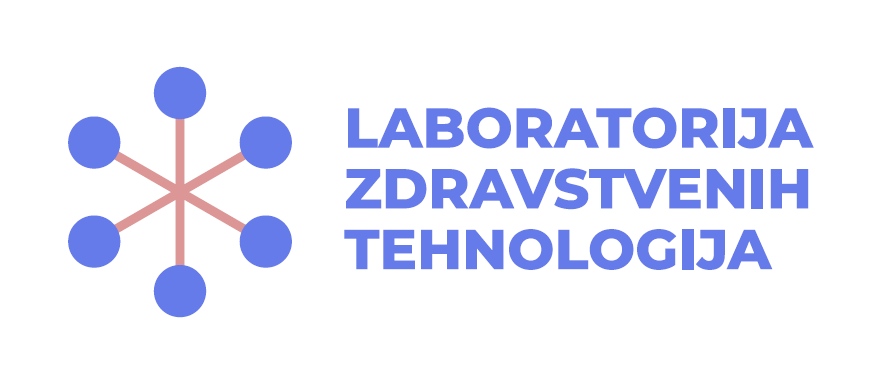
Project name: Serbia Innovates – MedTech and Biotech Supercluster “Health Tech Lab”
Project lead institution: ICT Hub
Project partners: Science and Technology Park, Health Tech Lab, FEFA faculty
Financier: USAID
Project goal: The consortium’s vision is a Serbia where healthcare is personalized and digitalized, while industry is active and developed on the basis of strong infrastructure and technology.
The development of an ecosystem in which ethical principles are respected with the existence of agile legislation that enables successful business and the implementation of innovations is one of the primary goals of the consortium. By meeting that goal, the entire society will use products and innovations and develop confidence in a functioning system.
Project activities: Organization of one hackathon, one accelerator, two bootcamps, monthly community meetings, curriculum development of the master’s program at the FEFA faculty, holding competitions with faculties and institutes…
Project results: Collaboration between over 57 organizations, including 13 startups, 15 academic institutions, 27 professional and support organizations and 2 multinational companies. The first accelerator for medical and biotechnology startups was established, a new startup was formed from the hackathon, cooperation between the institute and the business school was established, cooperation between the faculty and private companies was established, on the basis of which some students were employed…
Project implementation period: 12 months (from June 1, 2022 – June 1 2023)
Link to the project website: https://srbijainovira.rs/en/pilot-superklasteri/medicinska-biotehnologija
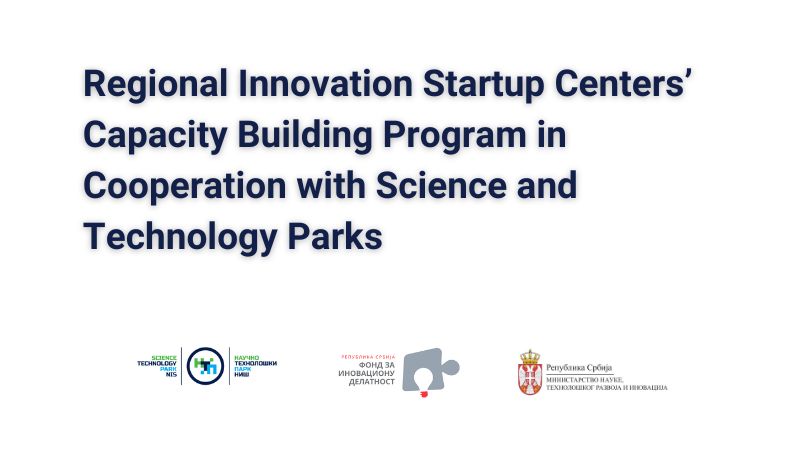
Project lead institution: Science and Technology Park Niš
Project partners: Innovation Center Zubin Potok, Regional Innovation Start-up Center Paraćin, the Municipality of Sokobanja, Center for the Development of Jablanica and Pčinj Districts, Zip Center for Youth – Business Incubator, Business Incubator Kruševac, the City of Novi Pazar, Business Incubator Center Bor, the City of Vranje
Project budget: 44.990.000,00 dinars
Financier: Innovation Fund
Project goal: The goal of the Program is to establish the operation and raise the capacity of regional innovation startup centers, including startup centers, incubators, Smart City centers, and similar support organizations. The program develops the competences of startup centers for providing support in a consistent and organized manner, as well as for inclusion in an integrated system of support for innovation, with the aim of achieving self-sustainability for further work and functioning. The program achieves the integration of regional innovation startup centers with science and technology parks, with the aim of developing an innovative community at the local level, and with the function of systemic development of innovation as well as improvement of the innovation ecosystem on the territory of the Republic of Serbia.
Project activities: The plan of project activities should contain activities that will increase the capacity of regional innovation startup centers to perform the following tasks:
- Promotion of the regional innovation startup center in their local community in order to attract entrepreneurial (startup) teams and individuals who have an innovative idea.
- Development of entrepreneurial spirit among the youth by organizing various events
- Education and assistance to teams and individuals in business development and commercialization of innovative ideas, through familiarization with different business models, defining and researching the market, determining target users, sales and marketing plans, and growth and development strategies
- Assistance in generating, evaluating, validating, and testing ideas
- Networking through the organization and participation in events and meetings (meetups) with other subjects of the innovation ecosystem
- Provision of work space with the necessary internet connection where there is computer equipment, a room for meetings and presentations, offices, as well as other supporting equipment
- Mentorship by providing experienced experts in the fields of technology, innovation, and business who can provide answers to questions important for the development of a new innovative company (startup).
- Assistance in providing financial support for business development, through education about models and concrete sources of financing, as well as assistance for writing an application for obtaining funds
- Consulting in the fields of legal, financial, and administrative affairs, as well as issues of intellectual property protection
- Preparing teams for presenting a business idea to investors (Pitch Preparation)
- Assistance in prototype development and testing
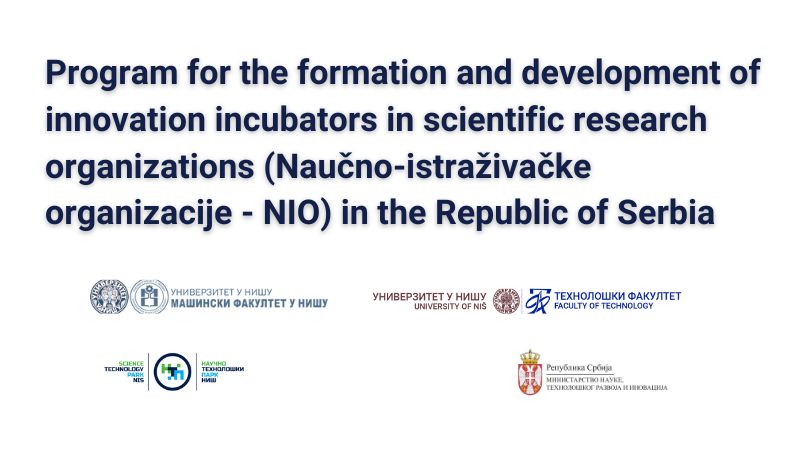
Project name: Program for the formation and development of innovation incubators in scientific research organizations (Naučno-istraživačke organizacije – NIO) in the Republic of Serbia
Project lead institution: Faculty of Mechanical Engineering in Niš
Project partners: Science and Technology Park Niš, Faculty of Civil Engineering and Architecture in Niš, Faculty of Occupational Safety in Niš
Project budget: 4.000.000,00 dinars
Financier: Ministry of Science, Technological Development and Innovation
Project goal: The main goal is to establish and increase the capacity of the innovation incubator within the Faculty of Mechanical Engineering in Niš, with a special focus on supporting the development of startup teams and the commercialization of their innovative ideas. The project aims to encourage multidisciplinary cooperation and networking between members of academia, startup teams, and industry, with the aim of improving the innovation ecosystem in the region.
Project activities STP Niš is in charge of:
- Development of the Program for the establishment and operation of the innovation incubator,
- Development of the Program for work with students and researchers,
- Implementation and monitoring of the implementation of the Program for the establishment and operation of the innovation incubator.




